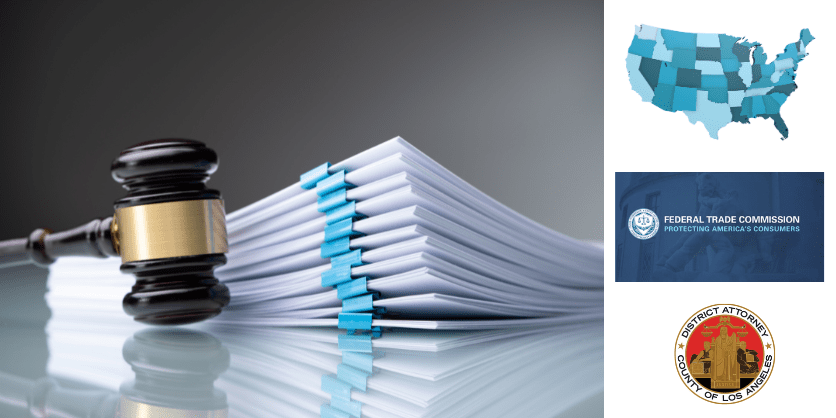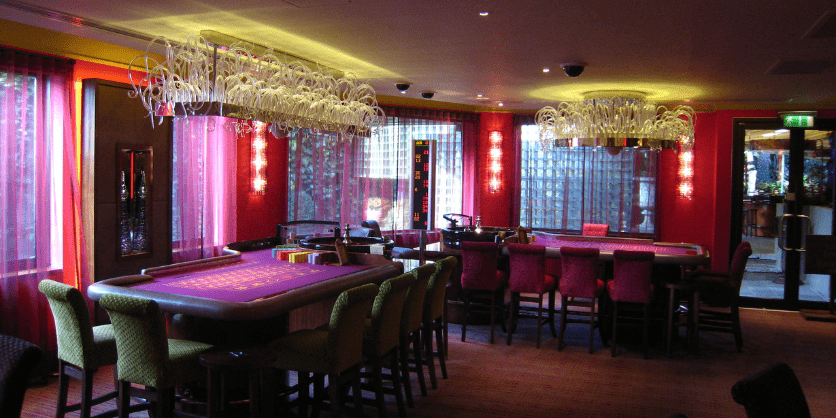Crackdown on Price-Matching Claims, Deceptive Promotions

In the era of ecommerce, where consumers often search online to find a lower price for the same lighting fixtures they see in person at their local lighting showroom or electrical supply, many brick-and-mortars offer price-matching to make the sale — and there’s certainly nothing illegal about that practice. But with the Federal Trade Commission (FTC) and more states adopting stronger consumer protection laws, there has been a rise in claims of false advertising, fraud, and unfair or deceptive business practices.
For example, California, Connecticut, Florida, Illinois, Massachusetts, New Jersey, New York, Texas, and Washington have the most stringent laws and, in several of those states, consumers are able to seek compensation for damages.
Recently America’s largest lighting showroom chain, Lamps Plus, faced charges of allegedly “advertising false sales, misleading price matches, and deceptive prices” in a California courtroom.
Los Angeles County District Attorney (LADA) George Gascón announced this month that Lamps Plus, Inc. and its affiliates will pay $4.1 million to settle a civil lawsuit that alleged the retailer engaged in false advertising, misleading price match guarantees, and deceptive comparisons of its prices to competitors since at least March 2017.
According to LADA, its Consumer Protection Division – in partnership with the consumer protection units of the district attorneys’ offices of Riverside, San Diego, and San Bernardino counties – investigated the allegations.
Lamps Plus has not admitted wrongdoing and has cooperated with the investigation.
Under the judgment, Lamps Plus is required to pay $3.8 million in civil penalties and $300,000 in investigative costs. The company is also prohibited from “false or misleading advertising,” including its 120-percent price protection policy, and from “advertising any price match guarantee policy in a false or misleading manner.”
Competition for customer dollars has never been tougher and the ease of price-shopping online can easily erode margins. Retailers need to be especially cautious when creating promotions that bend the truth on accurate pricing in the hopes of increasing sales.
Furthermore, the FTC’s Bureau of Consumer Protection has been especially focused on stopping unfair, deceptive and fraudulent business practices over the past several years. The bureau collects reports from consumers, conducts investigations, develops rules for maintaining a fair marketplace, and files suit against those who break those laws.
Manufacturers should note that other areas that the FTC enforces besides Deceptive Pricing are: Environmental Marketing, where companies claim they offer “green” benefits regarding their product or the packaging, plus the Made in the USA Labeling Rule and the Enforcement Policy Statement on U.S. Origin Claims, which could potentially mislead consumers. In all of these cases, companies will need to supply scientific evidence to support their claims.








